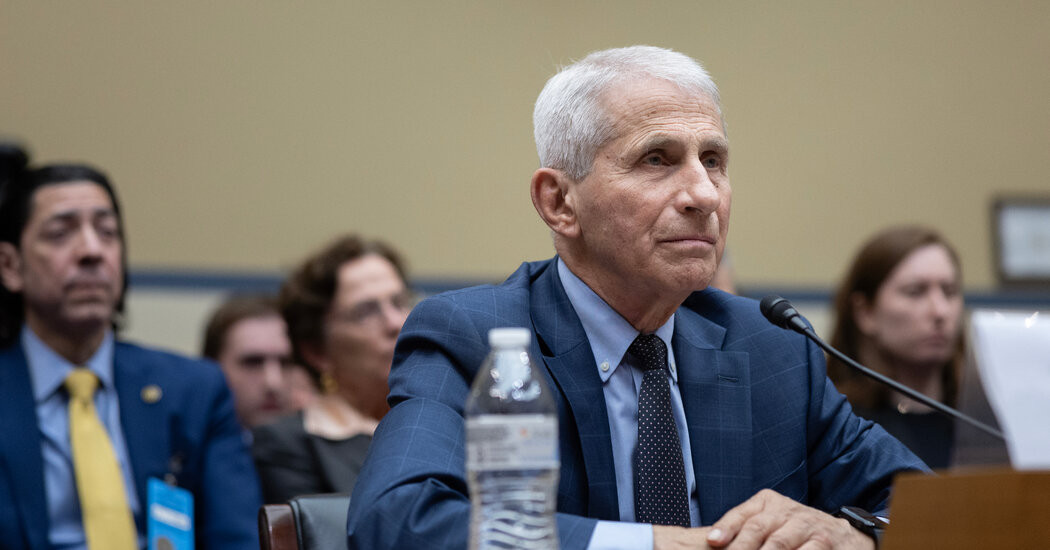

President Biden moved just hours before leaving office on Monday to guard some of President-elect Donald J. Trump’s most high-profile adversaries against a promised campaign of “retribution” by issuing pre-emptive pardons to head off politically driven prosecutions.
Among those receiving the pardons were Gen. Mark A. Milley, the former chairman of the Joint Chiefs of Staff; Dr. Anthony S. Fauci, the longtime government scientist; and all the members of the bipartisan House committee that investigated the Jan. 6, 2021, attack on the Capitol, including former Representative Liz Cheney, a Republican from Wyoming.
“I believe in the rule of law, and I am optimistic that the strength of our legal institutions will ultimately prevail over politics,” Mr. Biden said in a statement. “But these are exceptional circumstances, and I cannot in good conscience do nothing. Baseless and politically motivated investigations wreak havoc on the lives, safety and financial security of targeted individuals and their families.
“Even when individuals have done nothing wrong — and in fact have done the right thing — and will ultimately be exonerated, the mere fact of being investigated or prosecuted can irreparably damage reputations and finances,” he added.
In issuing the pre-emptive pardons, Mr. Biden effectively turned the president’s constitutional power of forgiveness into a protective shield against what he maintains would be politically motivated vengeance. No other president has employed executive clemency in such a broad and overt way to thwart a successor he believes would abuse his power.
His action offered a dramatic testament to how radically power will shift in Washington at noon when Mr. Trump takes the oath to succeed Mr. Biden. In the morning, the outgoing president used his pardon authority to protect those who investigated the Jan. 6 attack on the Capitol. In the afternoon, the incoming president has said he will pardon many of those who mounted the attack.